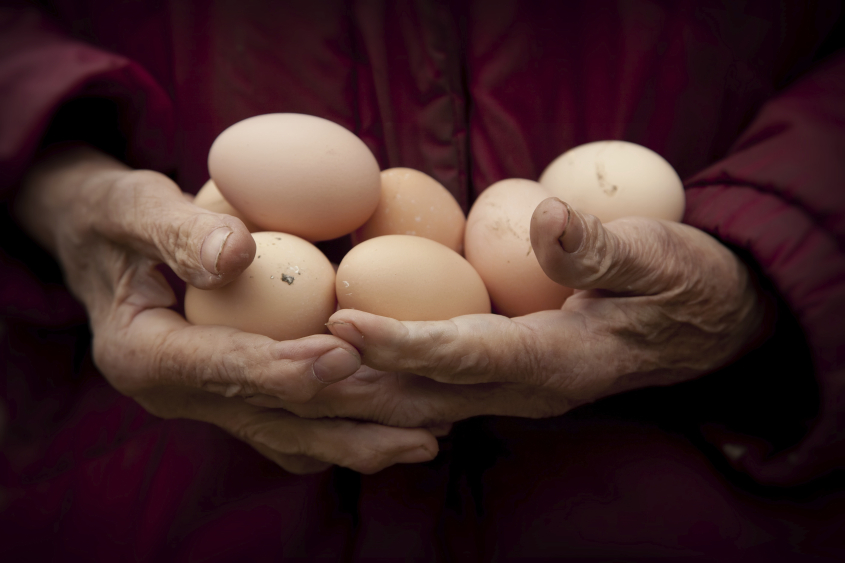
This month's Paper of the Month is from Journal of Nutritional Science and is entitled 'Association of protein intake with the change of lean mass among elderly women: The Osteoporosis Risk Factor and Prevention – Fracture Prevention Study (OSTPRE-FPS)'. Lead author, Masoud Isanejad, discusses why protein intake and vitamin D supplementation could be beneficial in preserving lean muscle mass in elderly women.
Sarcopenia is a common geriatric condition
In recent years, there has been growing attention around skeletal lean mass in elderly health. The sarcopenic phenotype is characterized by an absolute, or relative reduction of lean mass which can lead to increased risk of fractures, mobility disability, and loss of independence for men and women. The etiology of lean mass loss is multifactorial, however older adults over the age of 50 years approximately lose 1–2% of lean mass per year.
Dietary protein intake might be the most important macronutrient for the muscle health
Dietary protein intake has been considered as one potential contributor to lean mass change which can determine the balance between protein synthesis and the protein breakdown rate in muscles. Current evidence suggests that age-related loss of lean mass may be halted or even reversed by increased daily protein intake. Moreover, the quality of protein intake may play a role in determining the lean mass value. Animal protein provides more essential amino acids in comparison to plant protein sources which can stimulate the muscle protein synthesis.
Vitamin D supplementation and weight change are important mediators
It has also been suggested that vitamin D supplementation may have a synergic relationship with dietary protein intake in increasing lean mass. However, little is known regarding the interaction between vitamin D supplementation and dietary protein intake and lean mass, therefore further studies are warranted. Although data to support guidelines for weight loss treatment in elderly is limited, one of the main targets was the preservation of lean mass by adequate protein intake. It is well known that dietary protein intake may affect the lean mass and fat mass partitioning during weight loss. Thus, evaluating the protein intake association with body composition during weight changes may have important implications among elderly who tend to lose weight. The primary objective of the present study was to examine the associations of total, animal and plant protein intakes with lean mass change over a 3 year period among elderly women. A secondary objective was to evaluate the association of total protein with change of lean mass according to weight change status.
Higher protein intake along with vitamin D supplementation and maintaining weight, offer a reliable strategy to preserve lean mass in elderly women
In conclusion, our findings support the current evidence that higher total, and in particular animal protein intakes are beneficial in preserving lean mass. A remarkable finding of this study was that the associations of total and animal protein intake with increased lean mass were more apparent among elderly women who maintained their weight and received vitamin D and calcium supplementation. Since dietary protein intake, vitamin D and weight change are important health concerns of ageing, our results might underscore an important message for public health.
Implications of these findings
Greater lean mass area is associated with lower risk of fall, fracture and mobility disability. Overall, increasing dietary protein intake might offer a simple and widely applicable public health intervention to attenuate risk of sarcopenia, in the elderly.
Click here to read the paper in full.
